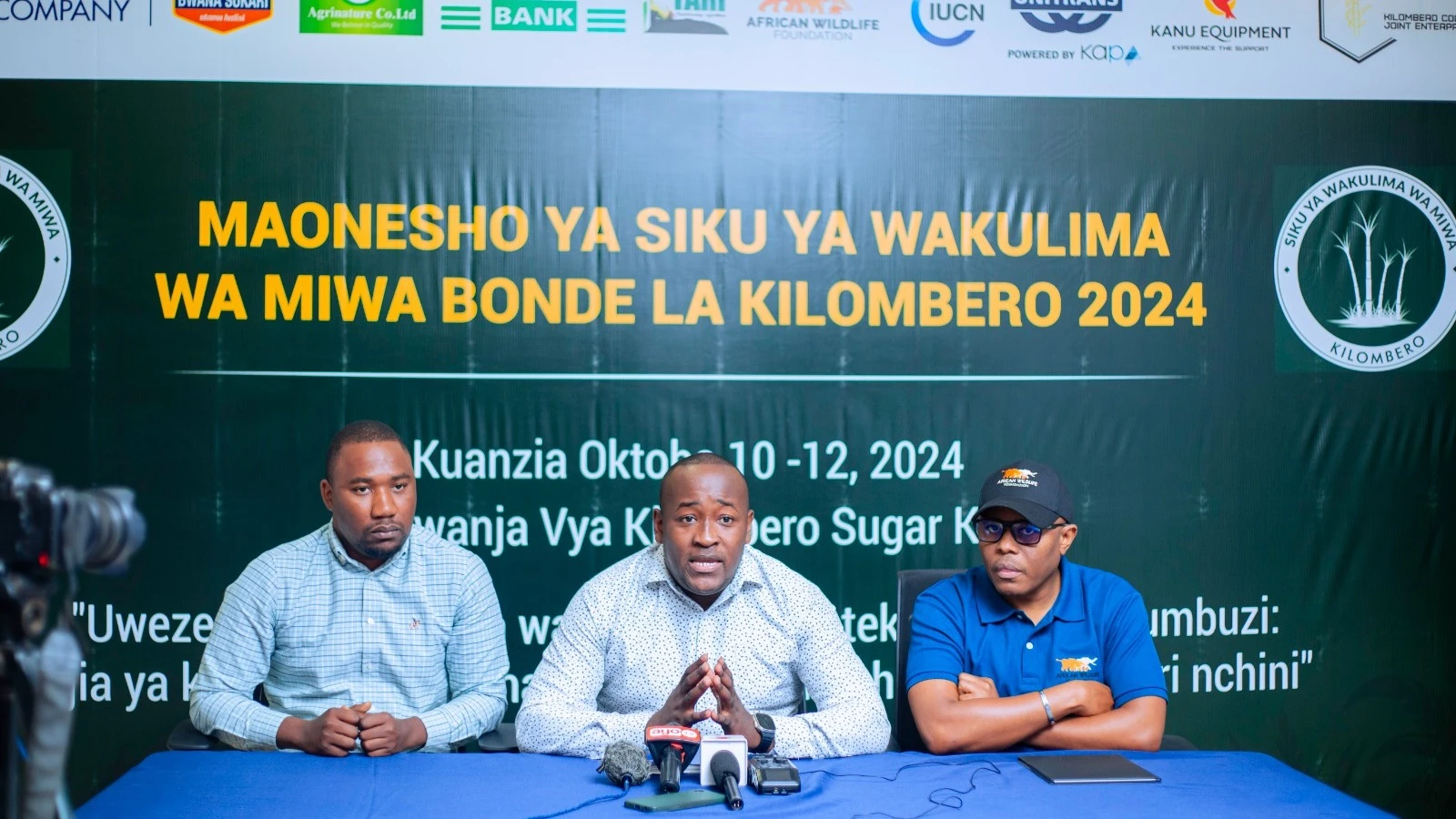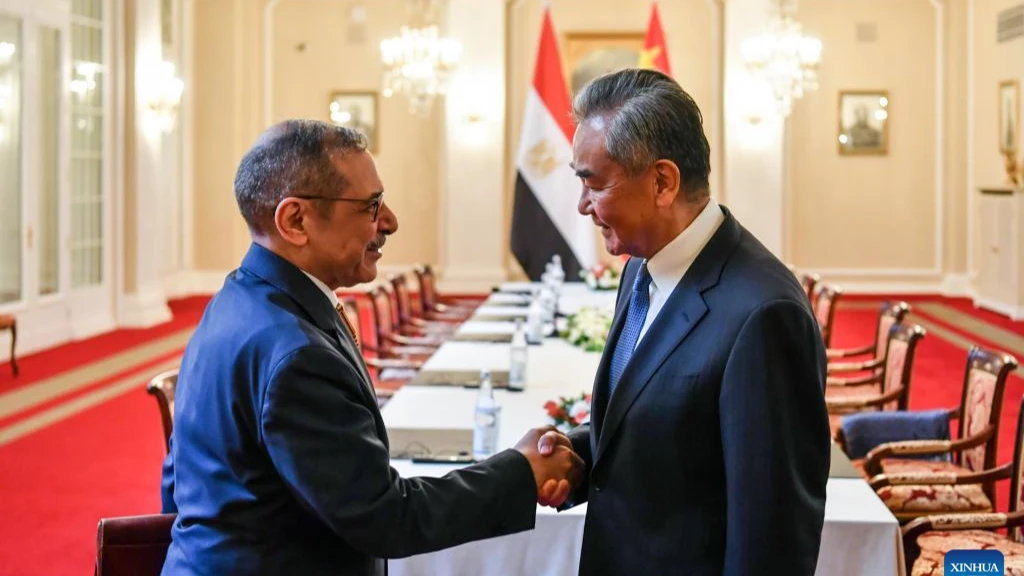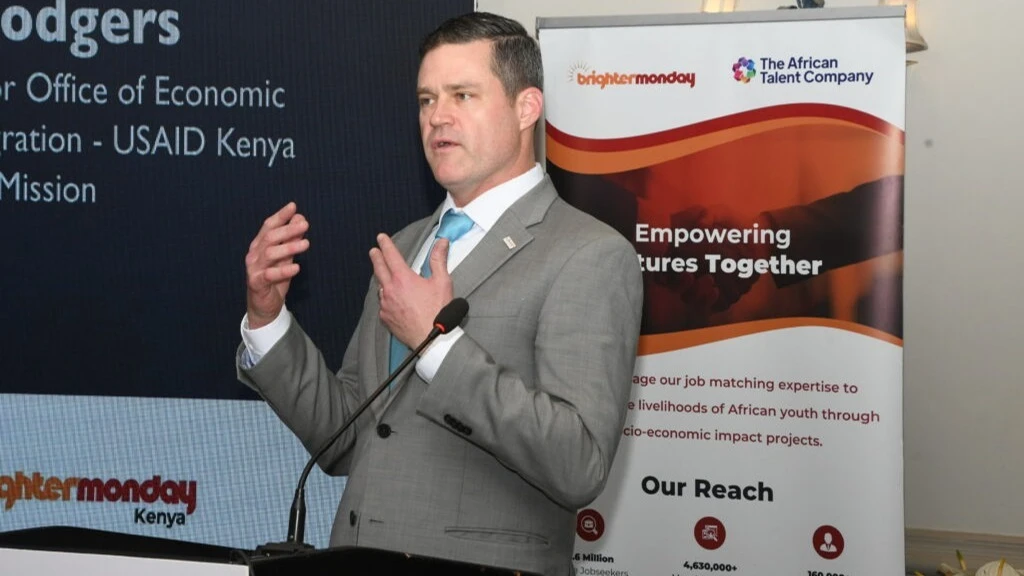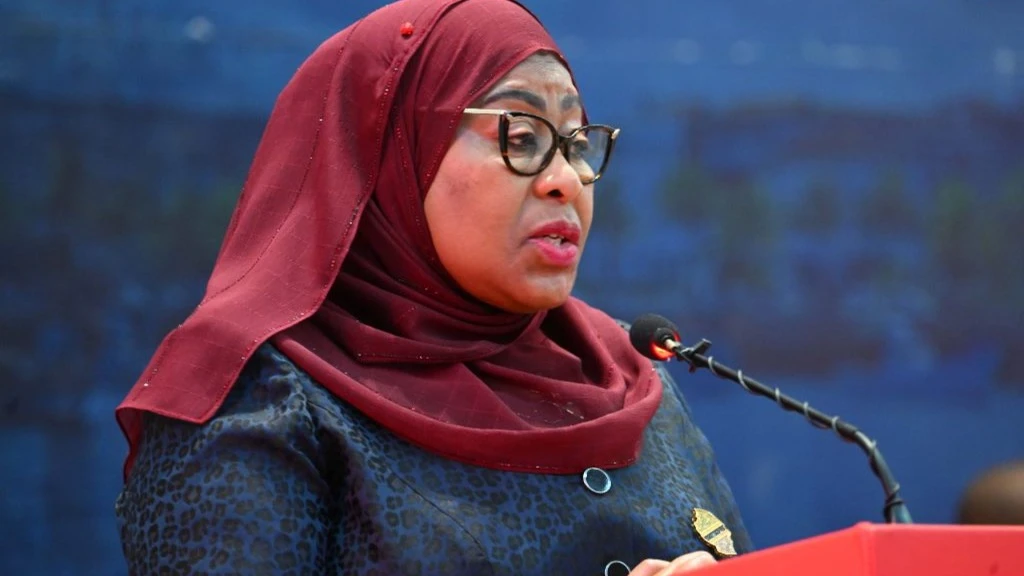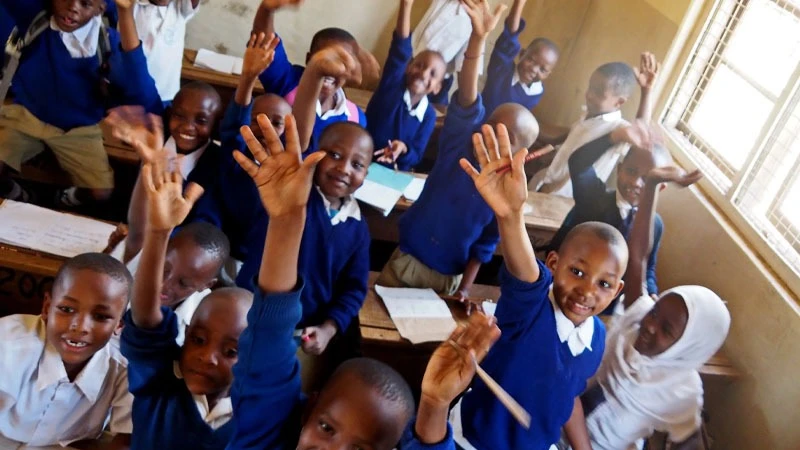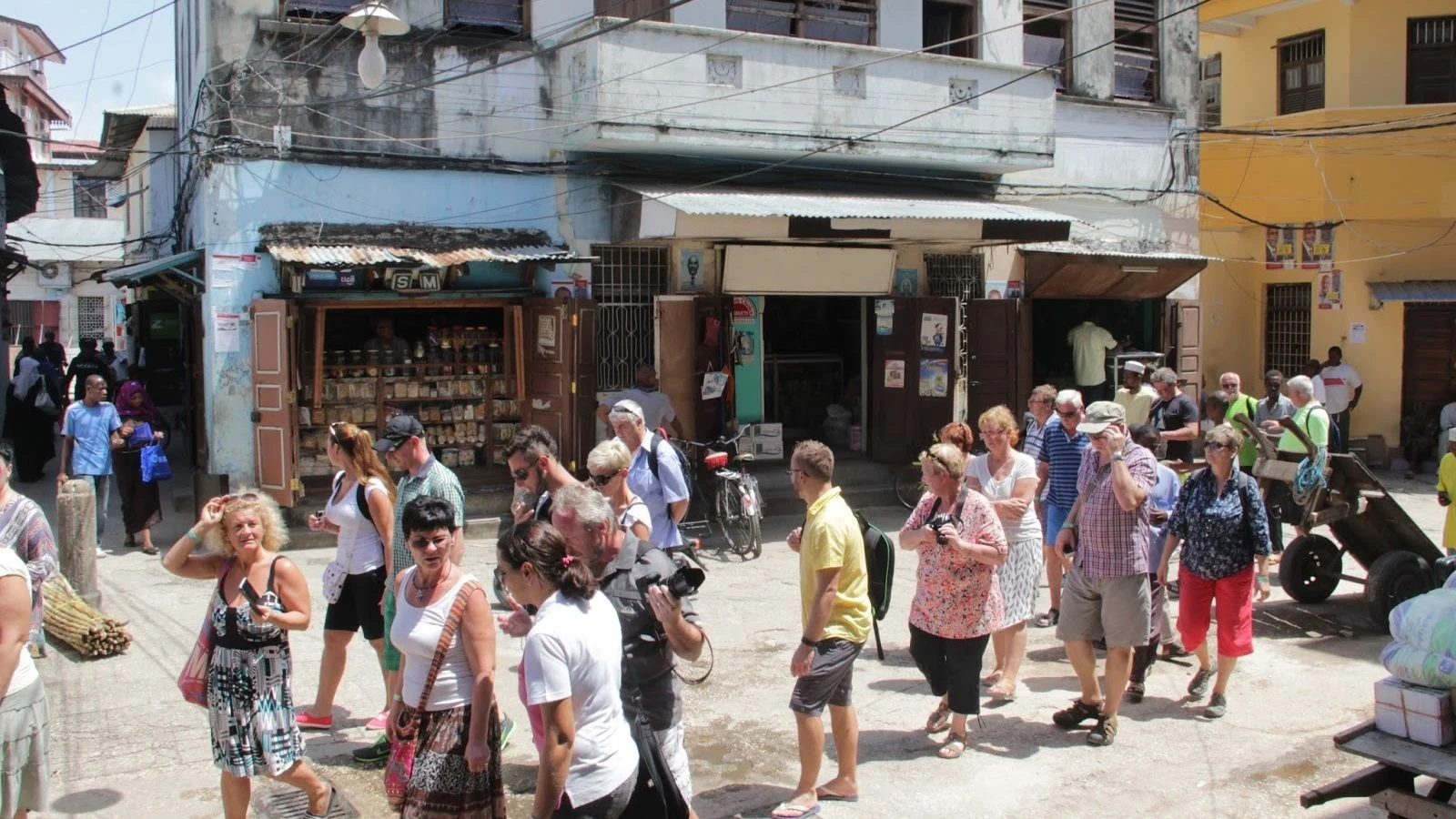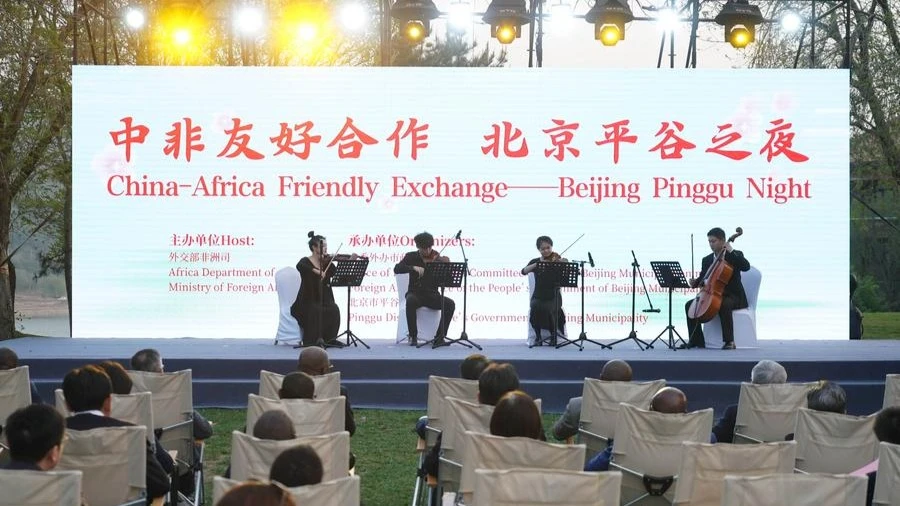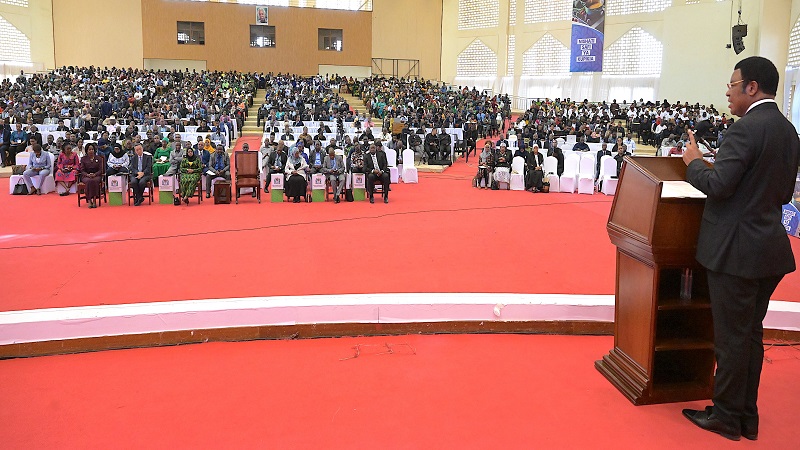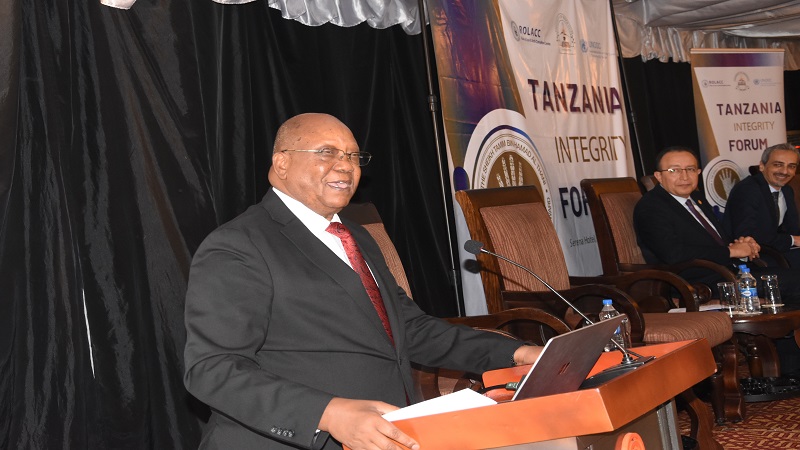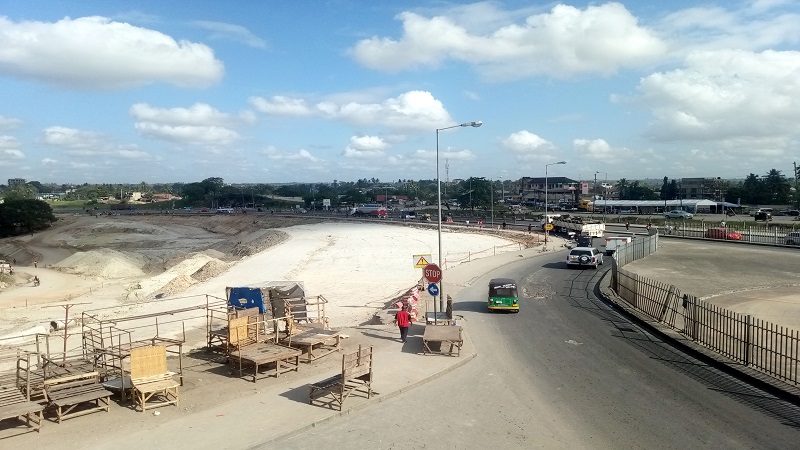Samia: Restore Ngorongoro social services
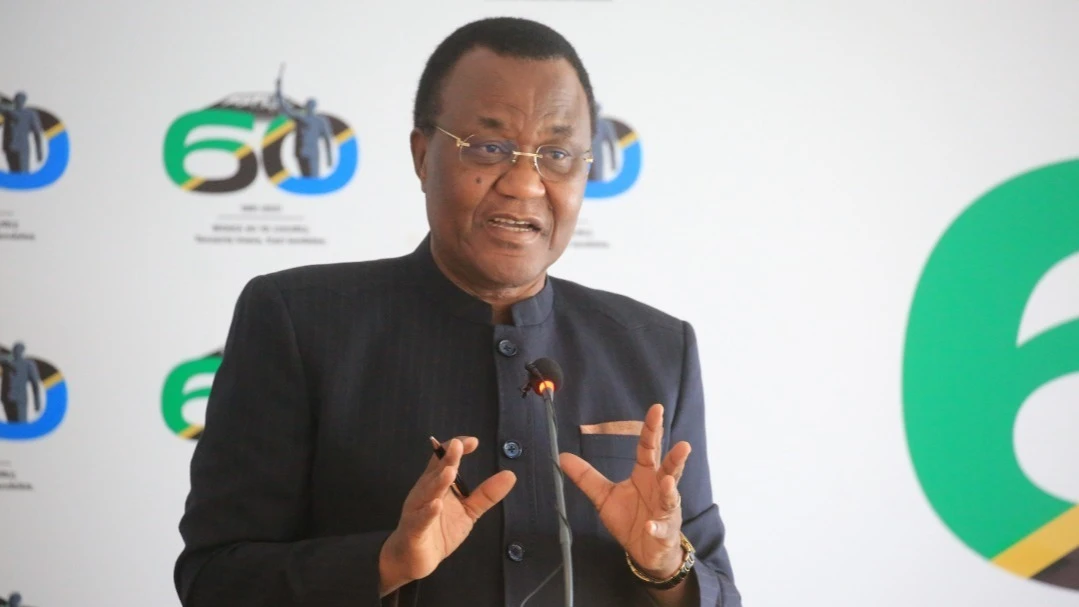
PRESIDENT Samia Suluhu Hassan has directed the restoration of social services in the Ngorongoro Conservation Area Authority (NCAA) following protests by residents.
William Lukuvi, the Policy, Parliament and Coordination state minister in the Prime Minister’s Office (PMO), made this announcement in a rally bringing people from seven wards, in the area, affirming that this is a directive from the Head of State.
The protests which lasted for five days erupted after a government notice proposed ending social services within the zone gazetted for conservation as part of the conservation area.
The plan, outlined in Government Notice 673 and officially published in the government gazette No. 32, Vol. 105 dated August 2, 2024, involved delisting 11 wards, 25 villages, and 96 sub-villages as part of a broader administrative restructuring.
The minister said that President Samia, taking note of the needs of people of Ngorongoro, had assured them that they would pursue their daily lives.
Prof. Palamagamba Kabudi, the Legal and Constitutional Affairs minister who accompanied the PMO state minister, urged residents to remain calm and peaceful, underlining that “their rights are protected under the constitution.”
“The president has sent us to assure you that nothing will happen to you, as you are the custodians of this government," he said, referring to the pursuit of relocation plans now taking two years.
It is conducted voluntarily, a relocation initiative aimed at moving Ngorongoro residents to areas such as Msomera in Tanga Region where there is room for farming, construction, health services, schooling and livestock grazing, abandoning the sensitive conservation zone for designated purposes.
A broad part of the residents describe this initiative as an eviction exercise, pointing at cuts in supplies of essential services like water and health facilities, as the notice was adamant that residents who remained in the conservation area would be excluded from local government elections in November and the next general election.
The Maasai community in Ngorongoro organized sustained protests for several days along the Ngorongoro-Serengeti highway, demanding that the government “recognize and uphold their fundamental rights.”
The protest emerged “after years of grievances related to restricted access to social services, physical harassment, and violations of land rights,” local speakers intoned, with community frustration leading to setting up roadblocks on major roads at 6:00am. “For far too long, our voices have been silenced, and our rights have been trampled upon,” one declared. “We don’t block this main road by choice; we are forced to do it!” The group was calling for meaningful dialogue with authorities to address their grievances, appealing to the wider public to support “their fight for justice.”
The government has for years excluded the building of settlements, education and health suspended social services, and after noticing that population growth puts in peril the conservation area’s future prospects.
In response to the protests, the Ngorongoro Conservation Area Authority (NCAA) issued a statement, which quickly went viral on social media, with public relations manager Hamis Dambaya stating that tourism activities within the Ngorongoro Conservation Area remain unaffected.
“Local and foreign tourists are proceeding with their trips to experience the park’s renowned attractions,” he said in a statement, underlining that the government has assured the safety of all visitors amidst the protests.
The NCAAS was monitoring social media to communicate to the international community and human rights organizations that there are no incidents of violence in the park.
Sympathetic observers said that the peaceful demonstration, aimed at demanding the recognition of traditional rights, had ‘inadvertently’ affected tourism.
Top Headlines
© 2024 IPPMEDIA.COM. ALL RIGHTS RESERVED








